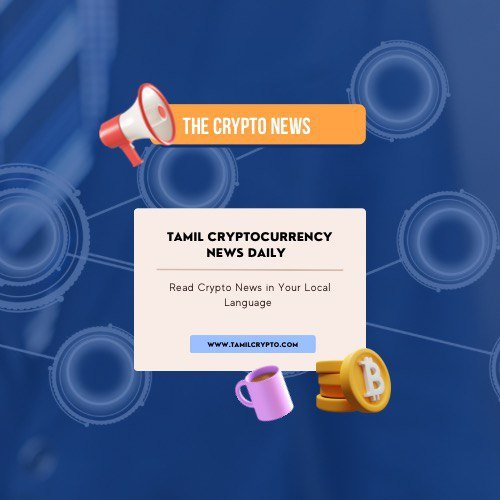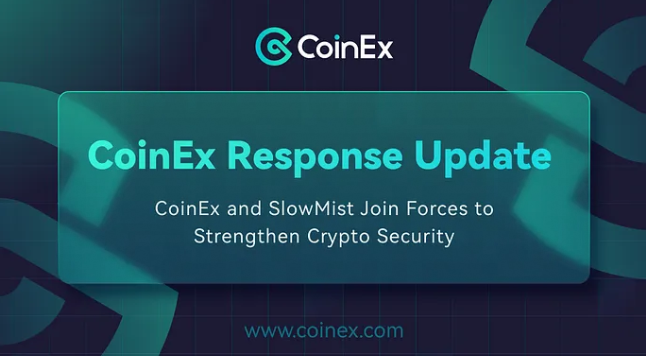BLOCKCHAIN TECHNOLOGY AND KEY FEATURES 2023
What is Blockchain?
A blockchain is a decentralized and distributed digital ledger used to record transactions across many computers. It ensures that the record of each transaction is secure and cannot be altered retroactively without the alteration of all subsequent blocks.

Key Features of Blockchain:
- Decentralization: Unlike traditional databases such as a SQL database, which have a central entity that manages the database, in blockchain, every participant (nodes/computers) in the network has access to the complete information and the complete ledger.
- Transparency: All network participants can view the transactions. This transparency ensures every participant’s agreement on the validity of transactions.
- Immutability: Once data is written to the blockchain, it’s very difficult to change. This feature ensures that transactions are secure and trustworthy.
- Consensus Algorithms: This is a technique used to achieve agreement on a single data value among distributed processes or systems. Examples include Proof of Work (PoW) and Proof of Stake (PoS).
- Cryptography: Blockchain uses cryptographic techniques to secure the data and ensure that transactions are genuine and not altered.
Potential Applications:
- Cryptocurrencies: The most famous application is for supporting digital currencies like Bitcoin and Ethereum.
- Supply Chain and Logistics: Blockchain can provide an accurate and tamper-proof record of the origin and journey of products.
- Real Estate: Provides a transparent and immutable record of property ownership.
- Healthcare: Secure and efficient management and sharing of medical records.
- Voting: Can provide a secure and tamper-proof electronic voting system.
- Smart Contracts: Self-executing contracts where the terms of the agreement or conditions are written into lines of code.
- Identity Verification: Offering a secure and decentralized way to manage digital identities.
- Decentralized Finance (DeFi): Creating a decentralized financial system without intermediaries.
Challenges and Concerns:
- Scalability: Current leading blockchain solutions can face issues in terms of transaction speed and volume handling.
- Energy Consumption: Methods like Proof of Work (used in Bitcoin) are criticized for being energy-intensive.
- Integration with existing systems: Integrating blockchain with current business systems and processes can be challenging.
- Regulatory and security issues: As with any new technology, it faces a rapidly evolving landscape of regulatory and security challenges.
In summary, blockchain has immense potential, offering solutions to longstanding problems and creating opportunities for innovation. However, like any technology, it’s essential to address its challenges for it to achieve widespread adoption.
Blockchain technology is a revolutionary concept that has gained widespread attention due to its applications in various fields, most notably in cryptocurrencies like Bitcoin. At its core, blockchain is a decentralized and distributed digital ledger that records transactions in a secure and transparent manner. Here’s a more detailed explanation:
1. Decentralization: Traditional systems rely on a centralized authority (like a bank) to validate and record transactions. In contrast, blockchain operates in a decentralized manner. It’s a network of computers (nodes) spread across the globe, each holding a copy of the entire blockchain. This eliminates the need for a single controlling entity and increases security.
2. Distributed Ledger: A blockchain is a digital ledger that contains a record of all transactions made within a network. These transactions are grouped into blocks, and each block contains a unique code (hash) and a reference to the previous block’s hash. This creates a chain of blocks, hence the name “blockchain.”
3. Security and Transparency: Once a block is added to the chain, altering the information within it becomes extremely difficult. This is due to the cryptographic link between blocks and the consensus mechanism employed by the network. Transactions are verified by multiple participants (nodes) on the network, and a majority must agree for a transaction to be added to the blockchain. This consensus process enhances security and ensures transparency.
4. Cryptography: Blockchain uses advanced cryptographic techniques to secure data. Each participant on the network has a public and private key. Transactions are signed with the private key, and the public key is used to verify the transaction’s authenticity. This ensures that transactions are tamper-resistant and secure.
5. Smart Contracts: Blockchain can also host programmable scripts called smart contracts. These are self-executing contracts with the terms directly written into code. They automatically execute and enforce terms when predefined conditions are met. Smart contracts have applications in various industries, including finance, supply chain management, and real estate.
6. Use Cases: Beyond cryptocurrencies, blockchain technology has found applications in several areas:
- Supply Chain Management: It enables real-time tracking of goods, ensuring transparency and reducing fraud.
- Healthcare: Securely manages patient data and provides a tamper-proof history of medical records.
- Voting Systems: Enhances the security and transparency of voting processes.
- Finance: Facilitates faster cross-border transactions and reduces intermediaries.
- Real Estate: Streamlines property transfers and reduces paperwork.
- Digital Identity: Provides a secure and decentralized way to manage personal identity data.
7. Challenges: While blockchain technology has immense potential, it also faces challenges such as scalability (handling a large number of transactions), energy consumption (proof-of-work consensus mechanisms), and regulatory concerns.
Overall, blockchain technology has sparked innovation across various industries by providing a secure, transparent, and decentralized way to manage data and execute transactions.






 Bitcoin
Bitcoin  Ethereum
Ethereum  Tether
Tether  Solana
Solana  USDC
USDC  XRP
XRP  Lido Staked Ether
Lido Staked Ether  Dogecoin
Dogecoin  TRON
TRON  Toncoin
Toncoin  Cardano
Cardano  Avalanche
Avalanche  Wrapped stETH
Wrapped stETH  Shiba Inu
Shiba Inu  Wrapped Bitcoin
Wrapped Bitcoin  WETH
WETH  Chainlink
Chainlink  Bitcoin Cash
Bitcoin Cash  Polkadot
Polkadot  Uniswap
Uniswap  Dai
Dai  NEAR Protocol
NEAR Protocol  LEO Token
LEO Token  Aptos
Aptos  Sui
Sui  Litecoin
Litecoin  Wrapped eETH
Wrapped eETH  Pepe
Pepe  Bittensor
Bittensor  Internet Computer
Internet Computer  Artificial Superintelligence Alliance
Artificial Superintelligence Alliance  Monero
Monero  Stellar
Stellar  Ethereum Classic
Ethereum Classic  POL (ex-MATIC)
POL (ex-MATIC)  Stacks
Stacks  First Digital USD
First Digital USD  WhiteBIT Coin
WhiteBIT Coin  Ethena USDe
Ethena USDe  Immutable
Immutable  dogwifhat
dogwifhat  OKB
OKB  Arbitrum
Arbitrum  Aave
Aave  Filecoin
Filecoin  Optimism
Optimism  Cronos
Cronos  Mantle
Mantle